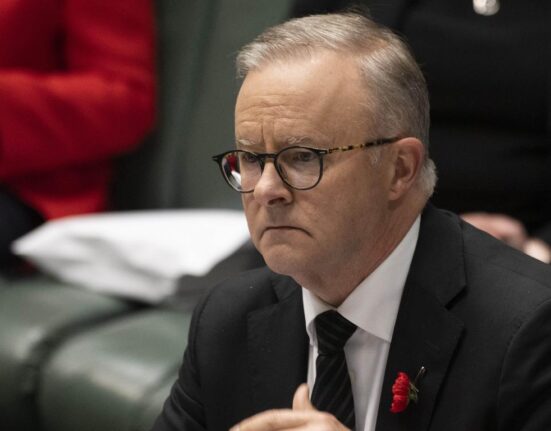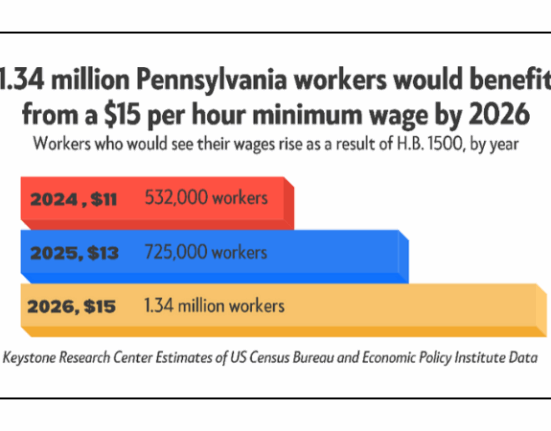Peter Dutton, the formidable figure leading Australia’s conservative opposition, has been making waves with his approach to culture wars. His strategy has become a focal point as the political landscape heats up in anticipation of the upcoming federal election. With a keen eye on narrative control following Donald Trump’s surprising victory in the US presidential race, observers are closely monitoring how Dutton navigates these contentious waters.
One key battleground for Dutton is the debate surrounding Australia Day, where he has wasted no time challenging Prime Minister Anthony Albanese. By delving into issues that resonate with voters in outer suburban and regional areas, Dutton aims to position himself and his party as more aligned with the concerns of everyday Australians. This move is strategic, aiming to sway voters who may feel disconnected from the Labor Party’s traditional base.
Expert Insight:
Dean Sherr, a former media adviser, sheds light on Dutton’s motives behind steering conversations toward cultural divides. He believes that by framing Labor as focused solely on progressive agendas rather than addressing essential economic challenges like the cost of living, Dutton hopes to secure crucial support in key electorates.
As political strategist Yaron Finkelstein notes, such tactics can disrupt an opponent’s campaign messaging but come with risks. While it allows for highlighting values over policies, straying too far from core issues could alienate certain voter segments critical for electoral success.
Navigating through economic uncertainties post-pandemic adds another layer of complexity to both parties’ strategies. As governments worldwide face pushback over rising costs and dwindling voter confidence in major parties, securing re-election becomes an arduous task. For Labor, emphasizing tangible accomplishments and dispelling perceptions of inaction will be pivotal in countering claims of “hot air” from their adversaries.
A Shift towards Working-Class Appeal:
Dutton’s attempt to rebrand the Liberal Party as more attuned to working-class interests presents a unique challenge. While Trump successfully capitalized on anti-establishment sentiments among blue-collar voters in the US, mirroring this feat Down Under proves daunting due to longstanding perceptions of conservatives being aligned with big business interests.
Kos Samaras’ insights underscore the difficulty faced by the Liberal camp in convincing voters of their commitment to easing financial burdens. Despite unveiling pledges aimed at addressing cost-of-living concerns and proposing alternative energy strategies like a government-owned nuclear industry, bridging this perception gap remains an uphill battle.
Reflections on Strategy:
Andrew Hughes highlights Albanese’s deft handling of provocations from his opponents thus far but emphasizes consistency as crucial moving forward. The delicate balance between engaging with culture war narratives and focusing on substantive issues shapes not only campaign narratives but also public perception—a tightrope walk both parties must navigate adeptly.
In essence, Peter Dutton’s foray into culture wars reflects a calculated ploy aimed at reshaping voter perceptions and ultimately clinching electoral success amidst evolving socio-political landscapes.









Leave feedback about this